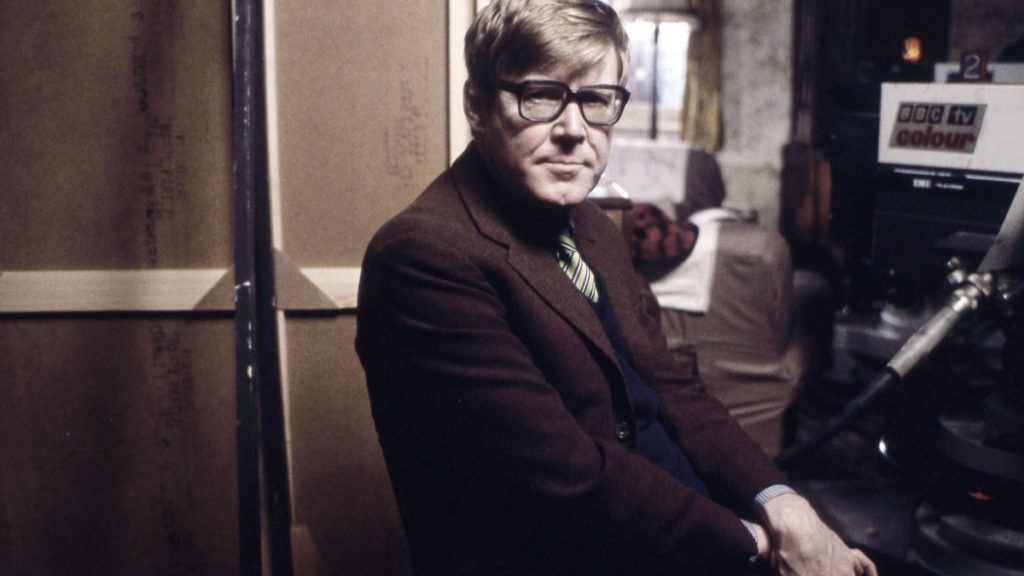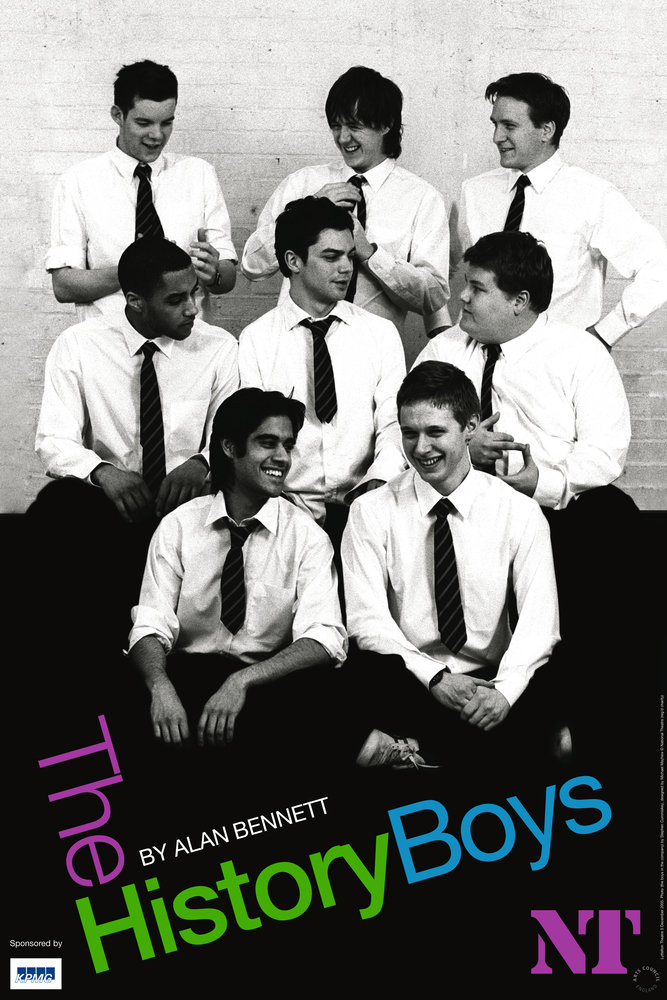
Whenever I think of Alan Bennett, I think of the following quote by the American writer Truman Capote: ‘Ever since I was a child, folks have thought they had me pegged, because of the way I am, the way I talk. And they’re always wrong’. One of England’s leading playwrights, Bennett is often referred to as ‘A National Treasure’. Yet, for me, this veneration, speaking of a cosy establishment respectability, is the very antithesis of Bennett’s actual work. His public persona, the cardigan and the glasses, disguise a radically challenging and risk-taking writer.
Bennett’s work covers the page, the stage and the screen…
The Page:
Bennett is one of the great diarists. My title is taken from a volume of his dairies ‘Writing Home’ and Bennett does write home – his work so often a reflection of his working-class Northern roots.
The Stage:
His satirical wit and eye for the telling detail, first came to prominence when a young Bennett joined the Oxford theatrical show ‘Beyond the Fringe’. Yet, his career as one of our greatest living dramatists really began with the play ‘Forty Years On’ (1968), set in a school. Coincidently, it was nearly forty years on, in 2008 that he returned to the subject of education in The History Boys, (2004) perhaps his greatest success to date. Again, set in a school, the play won every award there is to win (including six ‘Tonys’ when it transferred to Broadway).
I saw ‘The History Boys’ at the National Theatre in London and I rate that night as one of the best I have spent at the theatre. It’s pitch perfect, by turns achingly funny and sad. Many of the original cast of young actors (all of whom reprised their roles for the film adaptation) have gone on to become well known stars, crediting the phenomenal success of the play for launching their careers.

The Screen:
Bennett is best known to television audiences as the writer of a series of monologues Talking Heads. A testament to the fact that TV can be a vehicle for great drama (when given the chance) each monologue gives voice to a marginalised character, almost all women, brought to life by some of our greatest English actresses.
Finally, here is a clip of Alan Bennett on screen. It is taken from a three-part documentary about one of our most iconic buildings: London’s Westminster Abbey. In inimitable style Bennett introduces us to ‘Poet’s Corner’ (where our greatest literary figures are buried). “The English prefer their writers dead and respectable” he wryly notes, an “English Literature safe and cosified”. The very opposite of Bennett’s work.


